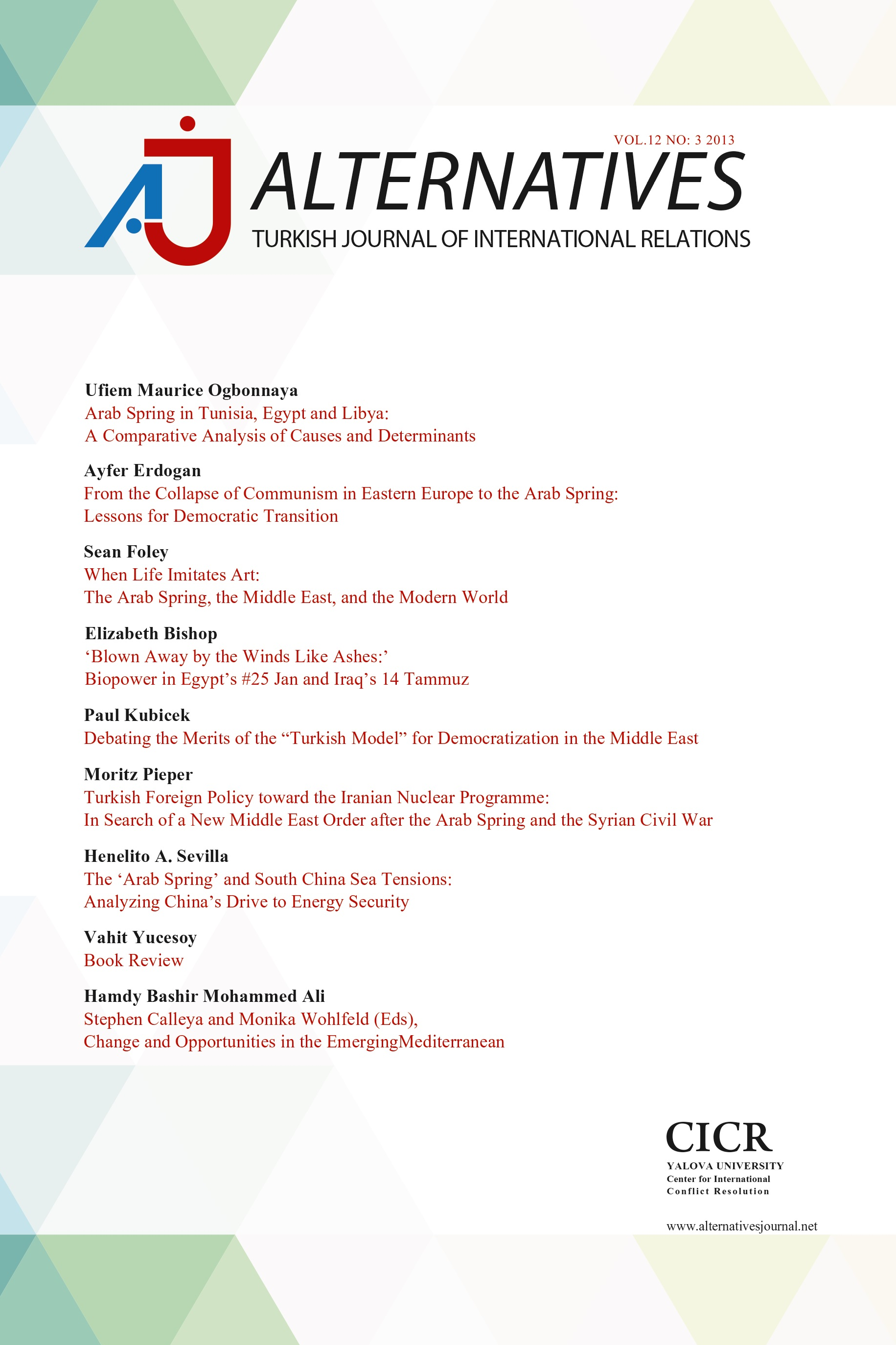A Cross-Cultural Approach to Contemporary Confict Analysis I: Need to Demystify Myths and Realities Surrounding African Conflicts
It is a fact that conflicts are still very prevalent in almost every human social organization. Some scholars say, since they are so endemic to the unique innate aggressive characters of human beings, nothing could really be done to permanently prevent their occurrence no matter how hard we may try. There is therefore a need to devise a workable formula to mitigate both their frequencies of occurrences, as well as, intensities of their destructiveness on the societal fabric. That such phenomena occur more in some regions than in others, is also a fact vividly highlighted by the glaring unique characters of each location. At the moment, there can be no notion of a generic analytical frame applicable uniformly to all social settings across the world. Such a view portends to also generate intensely raging controversies and fissions in the academia. The contention here pertains to what could constitute the real and remote causes of these phenomena generally in these highly prone areas. This dilemma is further aggravated by the usual sentimental attachments to primary cultural values and individual predilections/stereotypes often known to have grossly tainted most existing analytical frames. At the end of the day, hope for a consensual position becomes fleeting. But this readily also invokes a burning desire in one to harness a holistic picturesque frame these existing frames. The desire here is to move research further in a new direction devoid of such strictures of cultural/individual stereotypes and predilections. However, to tackle such a chore here, this paper seeks to critically assess some of the primary hypotheses of the existing theories with a view to synthesize such a multi-culturally robust and a non-generic analytical frame. This frame I have referred to elsewhere as the ASRI model. As it were, focus of these critiques is especially made applicable to the African context. The reason is that, Africa stands out as perhaps one unique region in the world where there has been a rather high frequency of conflict outbreaks in the recent time. And since Africans are also multicultural in character, no better place than in Africa should such a critical focus be premised on.
___
- Alexander, Franz (1941). “The Psychiatric Aspects of War and Peace,” The American Journal of Sociology, Vol.46, No. 4, (January), pp. 504 - 520.
- Blainey, Geoffrey (1983). The Causes of War, New York: The Free Press, 3rd Edition.
- Darwin, Charles (1964). On the Origin of Species By Means of the Principle of Natural Selection, Harvard: Harvard University Press.
- Easton, David. (1979). A Systems Analysis Of Political Life, Chicago: University of Chicago Press, 1979.
- Freud, Sigmund (1933). Why War?, Paris: International Institute of intellectual Co-operation, League of Nations.
- Levine, Robert A. (1961). “The Anthropology of Conflicts,” The Journal of Conflict Resolution, Vol.5, No.1, (March 1961), pp.3.
- Lijphart, Arend (1979). “Consociationalism And Federation : Conceptual And Empirical Links,” Canadian Journal of Political Science, Vol. 12, No. 3, (September), p. 499 - 515.
- Rummel, R. J. (1977). A Catastrophe Theory Model of The Conflict Helix With Tests.. Available Online at: URL=http://www.hawaii.edu/powerkills/CAT.ART.HTM, pp. 1-45.
- Malthus, T. R. (1991). An Essay on The Principle of Population, London: Thoemmes Continuum, 3rd Edition.
- Richardson, F. (1960). Statistics of Deadly Quarrels, Pacific Grove, California: Boxwood Press.
- Stein, Arthur (1976). “Conflict and Cohesion: A Review of Literature”, The Journal of Conflict Resolution, Vol. 20, No. 1 (March). London: Sage Publications, Inc., pp. 143.
- Taylor, A. J. (1991). The Origins of The Second World War, Penguin Books Ltd, New Edition.
- Tilly, Charles A. (1975). “Reflections On the History of European State-Making.”, in: The Formation of National States in Western Europe, 3-83 Princeton, N. J.: Princeton University Press.
- Waltz, Kenneth (2001). Man, the State and War, New York: Columbia University Press, 2001.
- Wright, Erik Olin (2002). “The Shadow of Exploitation in Weber’s Class Analysis,” American Sociological Review, Vol.67, (December), pp. 789- 804.
- Wright, Quincy (1985). A Study of War, Chicago, IL: University of Chicago Press
- ISSN: 2146-0809
- Yayın Aralığı: Aylık
- Yayıncı: Yalova Üniversitesi
Sayıdaki Diğer Makaleler
